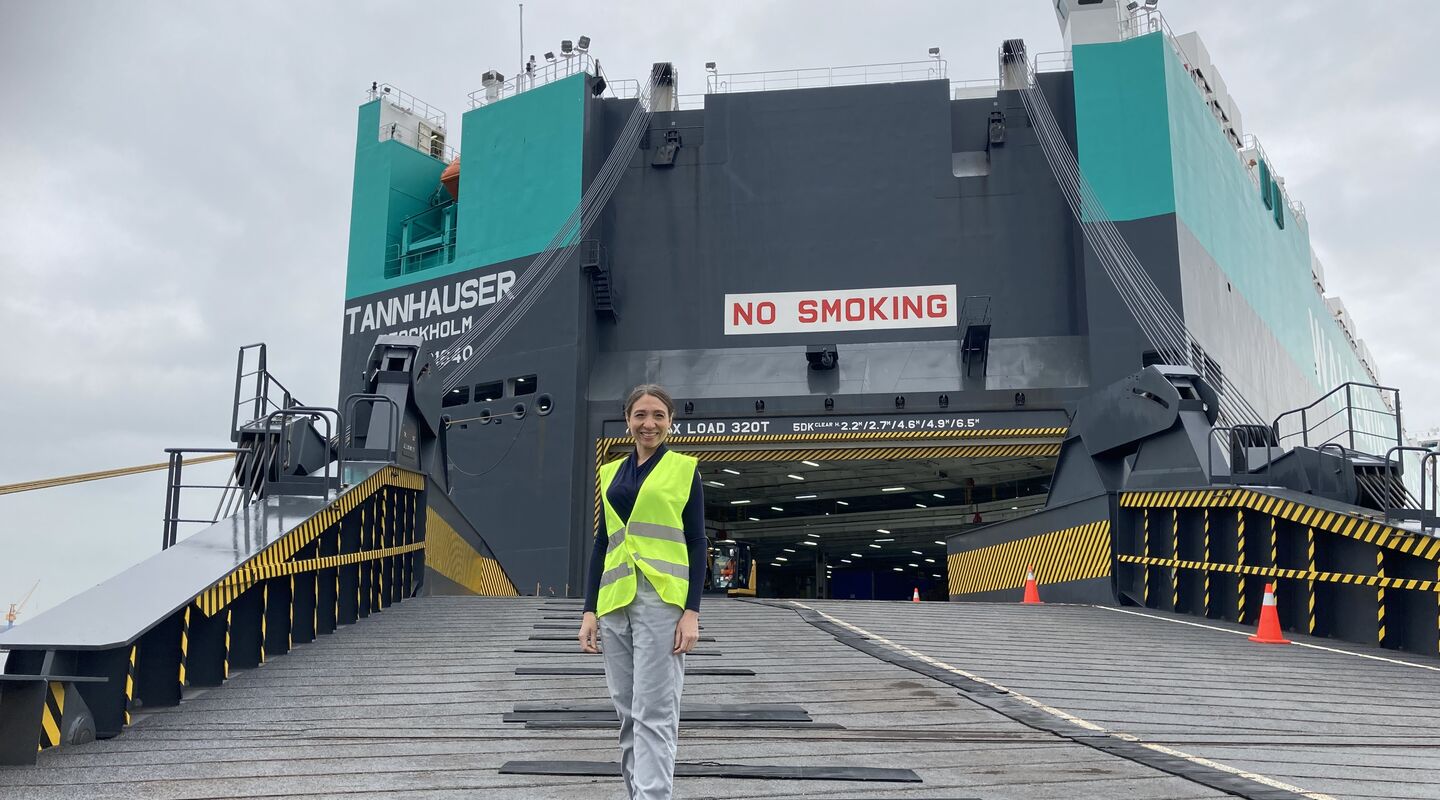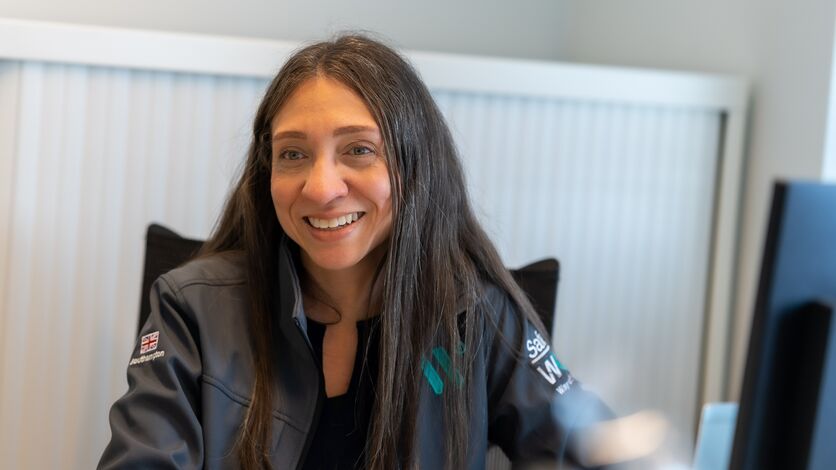One of Shipping 100’s most important women: Mary Carmen Barrios
For two years in a row, Mary Carmen Barrios has been recognized as “One of Top 100 women in Shipping.” In Barrios’ opinion, she would - and could - not have received these awards had it not been that she works for a company such as Wallenius Wilhelmsen – a company with a true diverse perspective. Barrios is senior vice president for Wallenius Wilhelmsen’s terminal and stevedoring operations in EMEA. “I will always be grateful to my managers for the words of encouragement, guidance and trust over the years.”

Must prove yourself harder
After more than 25 years in the industry, Barrios is adamant that we still must do better to attract more women, especially in front positions such as operations. “There is still - after all these years - very few women in shipping. When you are in a male-dominated sector as cargo operations is, you must prove yourself twice or three times harder to show that you are competent. I guess many can relate to this if you are part of the minority gender in your field. It has not been easy, especially when I started in the business.”
Barrios stresses the importance of continuing to build a clear career path for women in shipping. “If more women were aware of the variety of disciplines interacting in a marine terminal, we would have higher female participation in the industry.”
My motto
“My advice to others, no matter whether they are male or female, is: Don’t wait for opportunities; you create them through your attitude. I didn’t give up even though there were many challenges and many times it was difficult.”
Barrios’ life motto is to realize you are on a non-stop learning path. “You never become the final product. To succeed, you need to keep evolving and improving. You need to embrace challenges coming your way.”

New everything
Last year Barrios moved into her new position in Europe: “This career opportunity came along with learning a new culture, a different region’s dynamic and a new team.” Combine all that with a global pandemic, manufacturing disruptions due to parts shortages and the war in Ukraine, it was not sufficient only to know what needs to be done, but also to have the experience and discipline to complete the how. “I focused on equalizing the ways of working between what I know and what is needed in the current reality.”